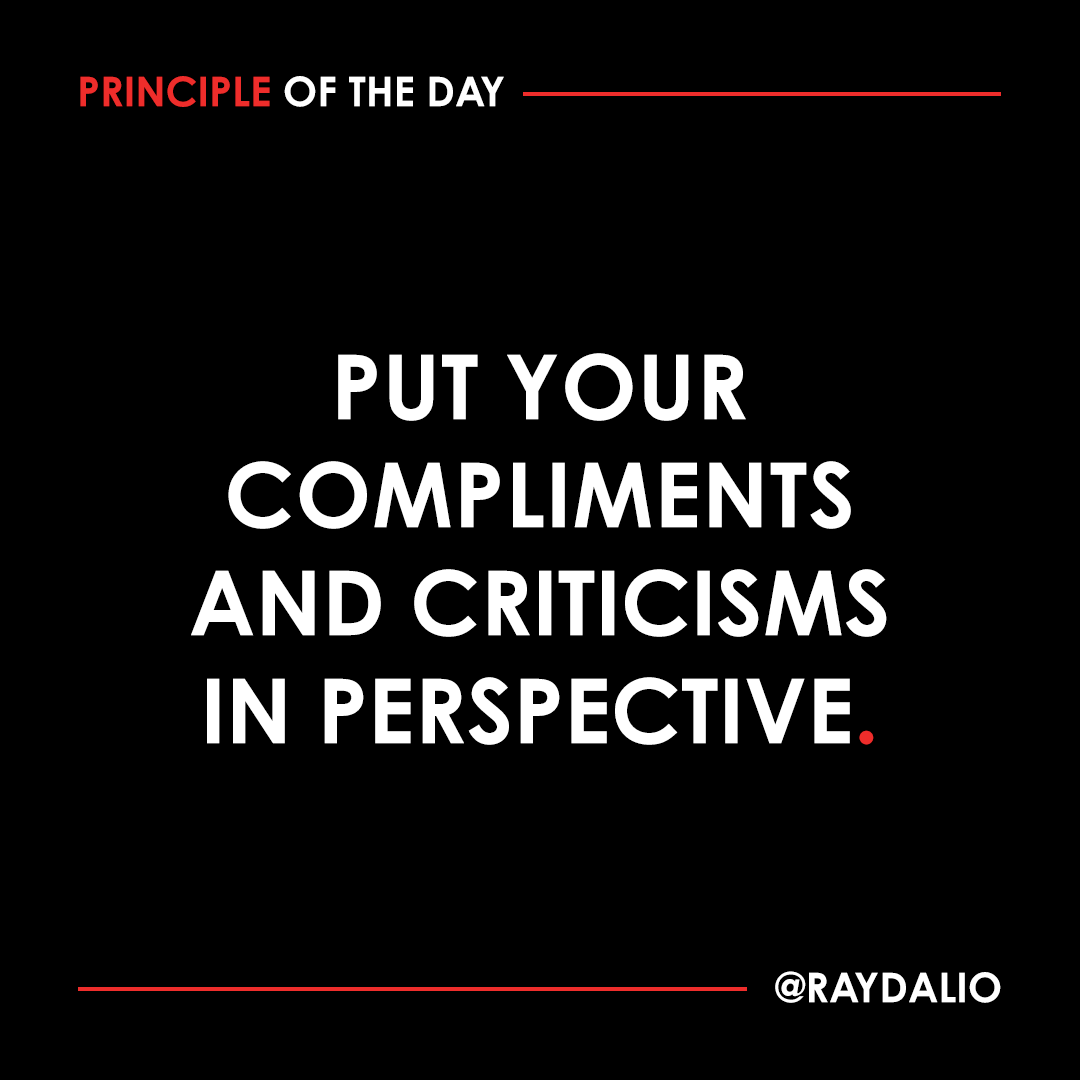
@Dr_Mario_MD I might be missing something about Bitcoin so I’d love to be corrected. My problems with Bitcoin being an effective currency are simple... (1/5)
@Dr_Mario_MD They are that 1) Bitcoin is not very good as a medium of exchange because you can buy much with it (I presume that’s because it’s too volatile for most merchants to use, but correct me if I’m wrong)... (2/5)
@Dr_Mario_MD 2) it’s not very good as a store-hold of wealth because it’s volatility is great and has little correlation with the prices of what I need to buy so owning it doesn’t protect my buying power, and... (3/5)
@Dr_Mario_MD 3) if it becomes successful enough to compete and be threatening enough to currencies that governments control, the governments will outlaw it and make it too dangerous to use. (4/5)
@Dr_Mario_MD Also, unlike gold which is the third highest reserve assets that central banks own, I can’t imagine central banks, big Institutional investors, businesses or multinational companies using it. If I’m wrong about these things I would love to be corrected. Thank you. (5/5)
• • •
Missing some Tweet in this thread? You can try to
force a refresh





